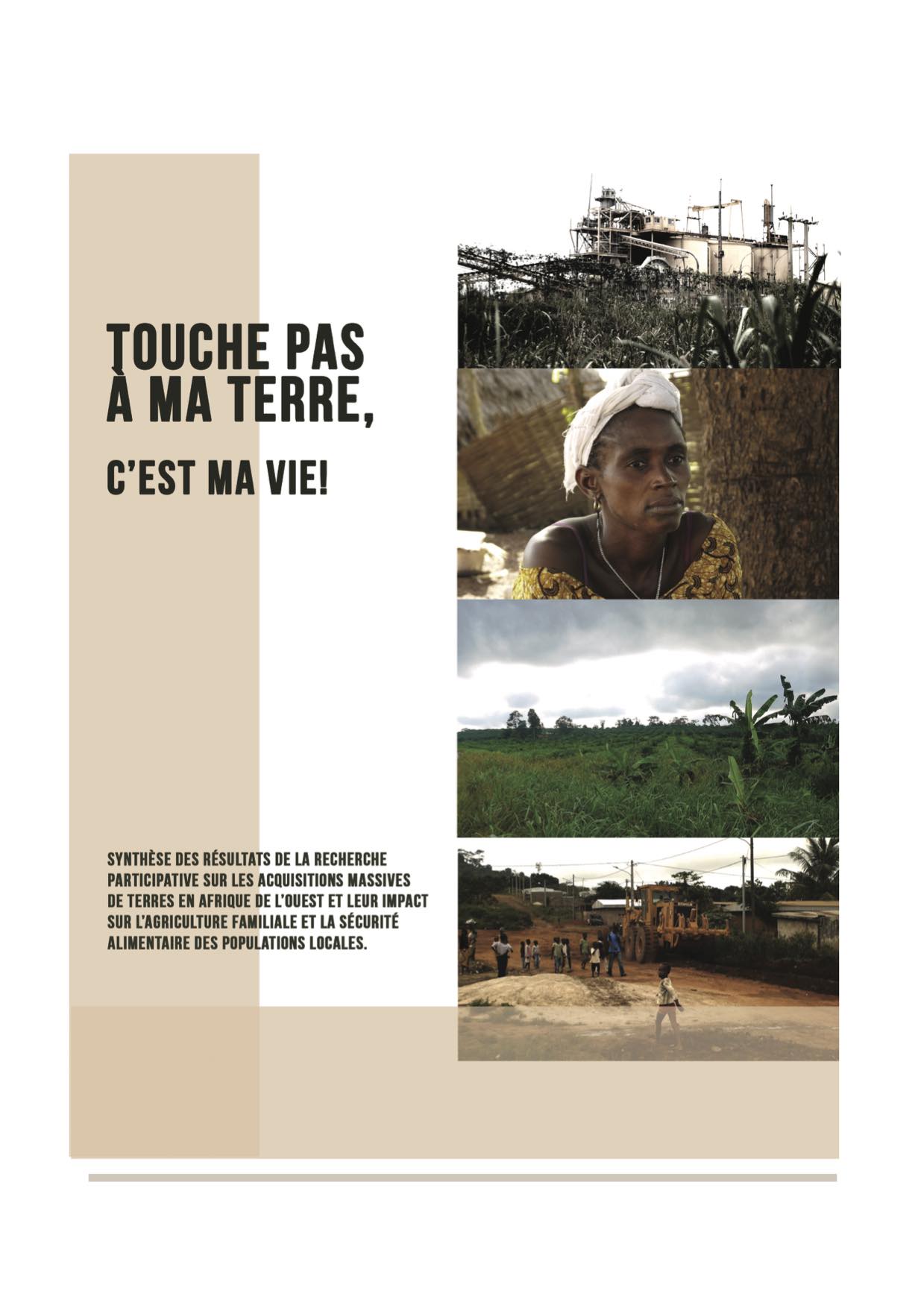Land Acquisitions in Northeastern Cambodia: Space and Time matters
Over the last decade, the highlands of Ratanakiri province in northeastern Cambodia have witnessed massive land acquisitions and profound land use changes, mostly from forest covers to rubber plantation, which has contributed to rapidly and profoundly transform the livelihoods of smallholders relying primarily on family-based farming. Based on village- and households-level case studies in two districts of the province, this paper analyses this process and its mid-term consequences on local livelihoods. We first look at who has acquired land, where, how and at what pace.




